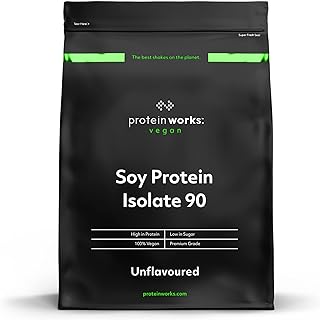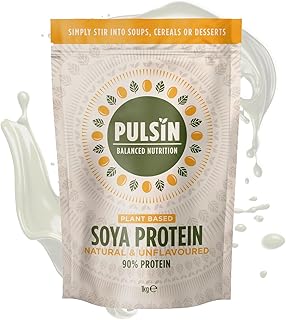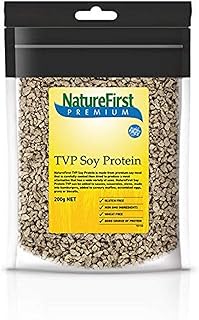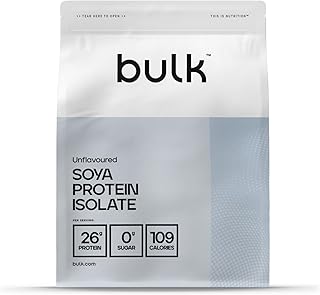When considering a shift towards a more plant-based diet, soy often emerges as a key component in various meals, offering a versatile range of options like tofu, tempeh, and soy protein isolate commonly found in plant-based meat substitutes. Despite its prevalence, concerns have lingered about the health implications of soy consumption, prompting experts to weigh in on the matter.
Soy products are derived from the soybean plant, a crucial member of the legume family known for its diverse applications beyond food consumption. The U.S. stands as a significant producer of soybeans globally, with soy serving as a vital protein source for both humans and animals, as well as being utilized in biofuel production and various food products.
The debate over whether soy is detrimental to health traces back to studies conducted in the late 1980s and 1990s, focusing on the impact of soy consumption on hormone levels and health outcomes in mice. These studies suggested potential risks, such as increased cancer susceptibility and interference with thyroid function, due to soy’s phytoestrogen content, which can mimic estrogen activity in the body.
However, recent research has debunked these concerns, revealing that soy consumption does not pose significant risks to human health. Studies have shown no substantial effects on thyroid function or male reproductive hormones from soy intake. Dr. Neil Iyengar, a breast medical oncologist, emphasizes that human data supports the safety of soy consumption, dispelling fears of increased cancer risk.
Experts highlight numerous health benefits associated with soy consumption, including its ability to lower cancer risk, improve overall health outcomes, and offer a rich source of essential nutrients like fiber, protein, vitamins, and minerals. Studies have demonstrated that soy intake can reduce the risk of cancer recurrence and mortality, particularly in breast and prostate cancer cases.
Moreover, soy’s phytoestrogens have been linked to various health advantages, including cardiovascular health, cognitive function, weight management, and alleviating menopausal symptoms. Additional benefits of soy consumption include lowering cholesterol levels, reducing hypertension, regulating blood sugar, suppressing appetite, and promoting skin health.
When incorporating soy into your diet, opting for minimally processed soy foods like tofu, edamame, and tempeh is advisable to maximize the nutritional benefits. Experts recommend consuming one to two servings of soy per day to reap its health advantages, emphasizing the importance of balance in dietary choices to ensure a diverse nutrient intake.
Overall, the prevailing consensus among experts underscores the positive impact of soy consumption on human health, dispelling misconceptions and highlighting its role as a valuable component of a balanced diet. By embracing soy as a nutrient-dense and versatile food source, individuals can harness its potential benefits for long-term well-being and disease prevention.
📰 Related Articles
- Weighted Vests: Experts Debate Benefits for Fitness and Health
- Soy Protein Benefits for Heart Health and Diabetes Management
- Soy Milk: Benefits for Health and Body Wellness
- Soy Milk: A Nutritious Dairy-Free Alternative with Health Benefits
- Soy Consumption: Benefits, Risks, and Optimal Choices Explained
📚Book Titles
- Bean Revolution: Unleash the Power of the Simple Bean for Ultimate Health and Weight Loss
- Generation Exposed: The New Health Threats Facing Todays Youth
- Reverse Stride: The Untold Science and Surprising Benefits of Backward Walking
- Soak Revolution: Unlock the Secrets of Ancient Wellness and Revamp Your Bathhouse Ritual!






